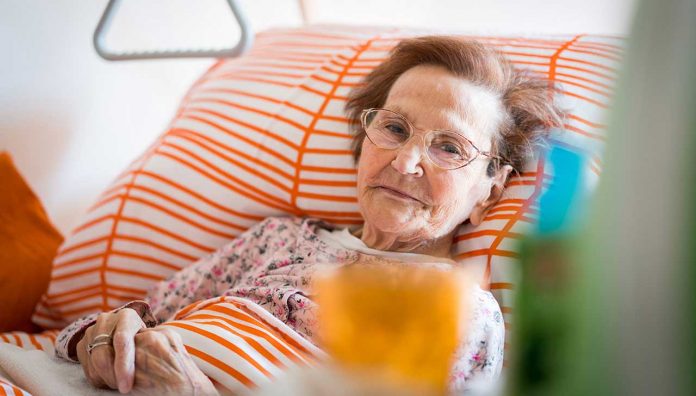Pharmacists spending more time on the ground in aged care has become an urgent priority.
It is often said that a measure of civilisation is how it treats its most vulnerable people. For Australians, following the testimonies at the Royal Commission into Aged Care Quality and Safety has been sobering with countless examples of inadequate treatment of aged care residents. Public reaction to the hearings has been strong – as a country, we must do better to support those who have given so much to the community over their lifetime. People in RACFs deserve the same level and access to care as someone living in the community.
The need to drastically improve the safe and effective use of medicines has been a strong theme in the hearings. As articles in this Australian Pharmacist feature, the suboptimal, and often unsafe use of medicines, particularly antipsychotics, benzodiazepines, antibiotics and opioids is seriously degrading the health and quality of life of many of Australia’s most frail.
Pharmacists, as leaders in medicine safety, are a critical part of the solution. We know pharmacists in RACFs contribute to better quality use of medicines facility-wide and reduce harm caused by overuse of medicines. They need to be able to: deliver a cycle of care to RACFs residents; deliver comprehensive education and training; and lead clinical governance activities. Simply, pharmacists need more time on the ground in RACFs.
PSA’s submission to the Royal Commission urged investment in pharmacists within RACF teams to improve the connection between aged care and health care through:
- aged care workforce education and training on medicine management
- access to Residential Medication Management Reviews (RMMRs) for all
- appropriate investment in quality use of medicines (QUM) services
- funding of dose administration aids (DAAs) where clinically warranted or mandated by the facility.
Only when barriers to the provision of pharmacist services in aged care facilities are removed can we ensure improvement in medicine safety and optimal health outcomes for older Australians.
At a time when the Commonwealth is working with state and territory health ministers to declare the safe and quality use of medicines a National Health Priority Area, I am optimistic the government will look for proven evidence-based solutions to the Royal Commission recommendations.
I was pleased to see pharmacists around Australia and the world actively promoting the safe and effective use of medicines by all on World Pharmacist Day (25 September). The theme of this year’s event, an initiative of the Federation of International Pharmacists, strongly aligned with PSA’s goal of empowering pharmacists to be recognised as the custodians of medicine safety. PSA celebrated this theme with the official launch of the My Health Record Guidelines in each state and territory.
These guidelines, in conjunction with our Connecting the Dots: Digitally Empowered Pharmacists report, describe the potential of digital health to support consumers and pharmacists dramatically improve medicine safety in this country.



 John Jones MPS, pharmacist immuniser and owner of My Community Pharmacy Shortland in Newcastle, NSW[/caption]
John Jones MPS, pharmacist immuniser and owner of My Community Pharmacy Shortland in Newcastle, NSW[/caption]


 Debbie Rigby FPS explaining how to correctly use different inhaler devices[/caption]
Debbie Rigby FPS explaining how to correctly use different inhaler devices[/caption]




 Professor Sepehr Shakib[/caption]
Professor Sepehr Shakib[/caption]

 Lee McLennan MPS[/caption]
Lee McLennan MPS[/caption]
 Dr Natalie Soulsby FPS, Adv Prac Pharm[/caption]
Dr Natalie Soulsby FPS, Adv Prac Pharm[/caption]
 Joanne Gross MPS[/caption]
Joanne Gross MPS[/caption]







